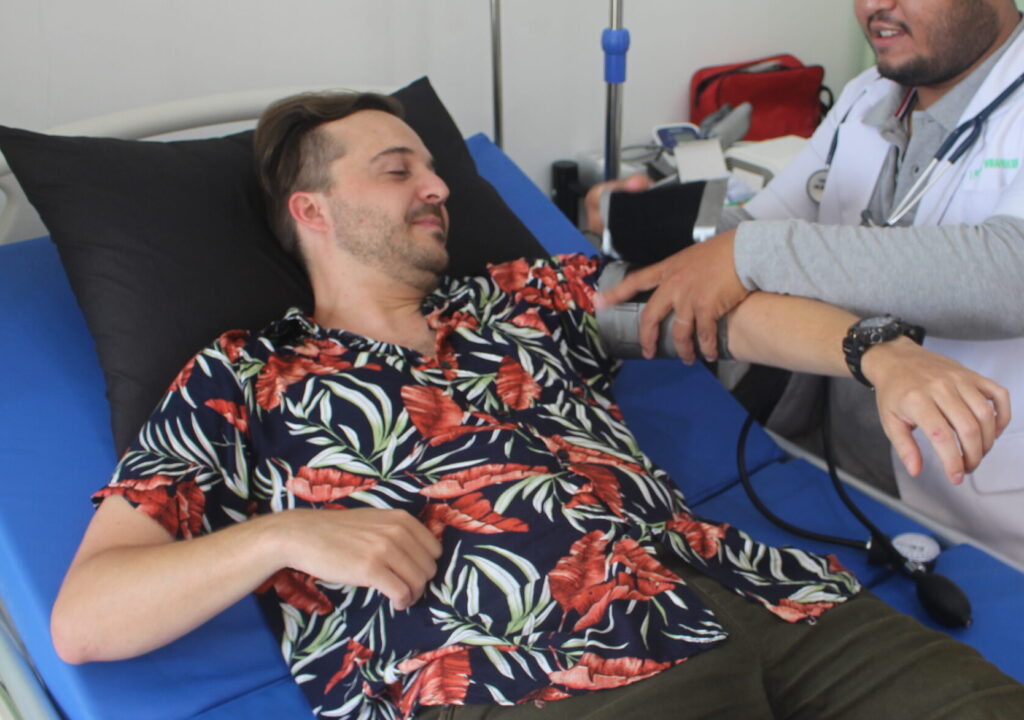High blood pressure, or hypertension, is often called the “silent killer” because it typically has no noticeable symptoms but can lead to serious health problems like heart attack, stroke, and kidney disease. Understanding the risk factors is the first step toward prevention and management. These factors can be divided into two categories: those you can’t change and those you can.
Unchangeable Risk Factors
These are aspects of your life and health that you cannot control, but they are important to be aware of.
-
Age: The risk of high blood pressure increases as you get older. Blood vessels naturally lose some of their elasticity over time, which can contribute to higher pressure.
-
Family History: If high blood pressure runs in your family, you are at a higher risk of developing it yourself.Genetics play a significant role.
-
Race and Ethnicity: High blood pressure is more common and often more severe in certain racial and ethnic groups. For example, it tends to develop earlier in life in people of Black African or Black Caribbean descent.
-
Gender: Up to about age 64, men are more likely to have high blood pressure. After age 65, women are more likely to develop it.
Modifiable Risk Factors
These are lifestyle and health-related factors that you can actively manage to reduce your risk of developing hypertension.
-
Unhealthy Diet: A diet high in sodium (salt) and low in potassium can cause your body to retain fluid, leading to an increase in blood pressure. A diet lacking in fruits, vegetables, and whole grains can also contribute to the problem.
-
Lack of Physical Activity: A sedentary lifestyle can lead to weight gain and a higher heart rate, both of which increase the risk of hypertension. Regular exercise helps strengthen your heart and improves blood circulation.
-
Being Overweight or Obese: Excess body weight, especially around the waist, puts a significant strain on your heart and circulatory system, forcing it to work harder to pump blood.
-
Smoking and Tobacco Use: The nicotine in tobacco products causes a temporary but sharp increase in blood pressure. Over time, smoking damages the walls of your blood vessels, leading to hardening of the arteries.
-
Excessive Alcohol Consumption: Drinking too much alcohol can raise your blood pressure, and it can also interfere with the effectiveness of blood pressure medication.
-
Stress: High levels of chronic stress can lead to temporary spikes in blood pressure. While stress alone doesn’t necessarily cause long-term hypertension, it can lead to unhealthy habits like overeating, smoking, and drinking, which are major risk factors.
-
Certain Medical Conditions: Pre-existing conditions such as diabetes, kidney disease, and sleep apnea are strongly linked to an increased risk of high blood pressure.




